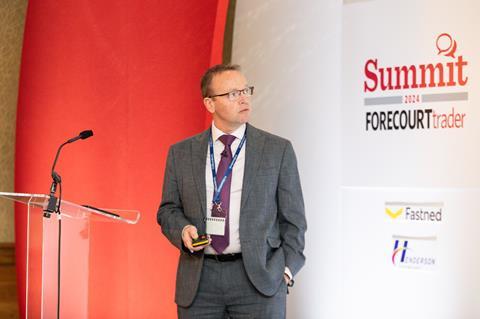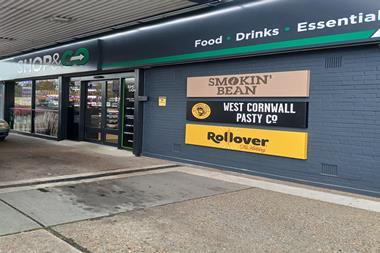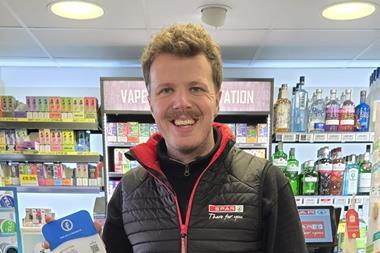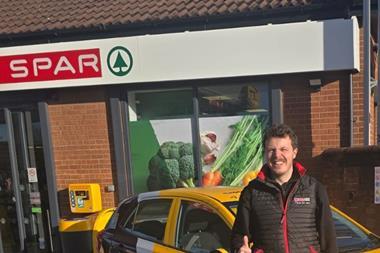
Demand for forecourt sites is outstripping supply, putting potential vendors in a strong market position.
That is the view of Steve Rodell, managing director, retail with business property specialist Christie & Co, who told the Forecourt Trader Summit on 27 February that there are on average five interested buyers chasing every property listed by his company.
Fuel company Essar and electric chargepoint operator Fastned are among those companies who are seeking properties having recently announced an ambition to lease sites to develop their own networks.
Christie & Co’s own survey of clients showed that, while over half of all owners are in the market to acquire properties, only 16% are looking to sell.
“There is a lot of interest in roadside property,” Rodell told the audience at the event at The Belfry, Sutton Coldfield. Christie & Co are advising Essar on properties being put forward for its leasing package.
Rodell advises forecourt owners when considering selling to think about legislation coming down the line, including local authorities bringing in ultra-low emission zones, like in Greater London, that deter petrol and diesel car use.
“The big question to ask is whether fuel volume on my site is going to go down any time soon,” he said. “Are you located in an area where lots of residents or commuters are going to be affected by low emission zones?”
Rodell’s advice to operators in rural locations with little competition is “carry on as normal”.
Likewise, owners of larger properties are in a stronger position when it comes to the viability of their business – a quarter of all UK forecourts are on a site that is less than a quarter of an acre.
“The bigger the site, the more options you have,” he said. Those with smaller footprints have limited options to diversify their business, with little room for anything other than a canopy, a car wash and a retail outlet, and few parking spaces, he added.
The conundrum for owners of such sites will be: “How am I going to invest?,” he said.
Operators have to ask themselves how they are going to improve margins, he added, with gross margin for fuel at around 10p per litre and 30-35% on shop sales: “If you are not achieving these numbers, you need to ask what you could be selling instead to get those kinds of margins,” he said.
Valeting remains - both rollover and jet wash machines - a good opportunity to increase profits, said Rodell, with campaigns by the Petrol Retailers Association and The Car Wash Association in recent years making “massive inroads” into reducing the numbers of illegal valeting businesses.
Electric vehicle charging is also “proving quite lucrative”, he said. With the chance to sell super-fast charging units to motorists at twice the wholesale cost, “you can make a considerable margin”. But the pool of electric vehicles, around one in 40, is still small and forecourt operators need to have the right demographics to make the jump, he added.
Rodell’s other advice to those considering a sale – perhaps unsurprisingly – is to use a professional agent. “We can get more for your business by running a professional process engaging the right buyers. This means we get multiple interest and achieve better results through competitive tension,” he said.
































